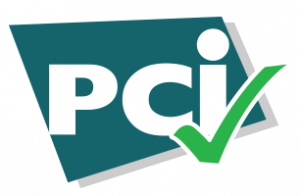This is Part Two of a two-part series explaining technology and the TCPA. Read Part One.
Process control and staff monitoring remain critical elements of the collections industry. But how can you use technology and remain compliant?
To ensure compliance with federal and state regulations governing when soliciting and collections calls can be placed, software like Right Party Contact can have limiters placed on each target consumer to ensure that calls aren’t placed within time windows where such activity could net censure.
Because regulations can vary so widely from state to state, it is far preferable for ARM companies to elect a software program to make this distinction than to leave such discretion to a human screener. A single slip-up can negate days or even weeks of collections work with a single misplaced call, and given the razor-thin margins that ARMs work on in today’s market, every advantage must be retained to ensure that noncompliance doesn’t set you further away from your goal.
Perhaps more important than identifying numbers that someone will answer, though, is figuring out which ones won’t yield leads at all. Considering the volume of numbers an ARM company may contact within a given business day, a number that no one answers is still a significant drain on resource allocation. Intelligent collection software helps identify these trends based on past call performance, giving your agent the number most likely to lead to a conversion at the time he or she places the call.
Additionally, other TCPA rules limit the ability of solicitors to contact businesses via autodialing—it is a violation of TCPA rules to use a call method which simultaneously engages two or more phone lines at a multi-line business. Even manual call methods can unknowingly violate this rule, if two different agents have two lines at the same business on their call roles. Intelligent collection software minimizes the risk of such a violation occurring. It also ensures a better relationship between an ARM company and a target corporate consumer when engaging in B2B collections by eliminating the possibility that your attempt to collect does not infringe upon the target company’s ability to do business (and, thus, continue to make payments).
Some collections experts estimate that the implementation of intelligent collection software can speed up the collections process on a given consumer by as much as 30%. Although the cost of such software comes out of your business’s overhead, the gains over time have the potential to easily dwarf that offset with new conversion potential. Isn’t it time to seek out a smarter solution?






